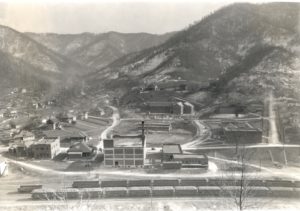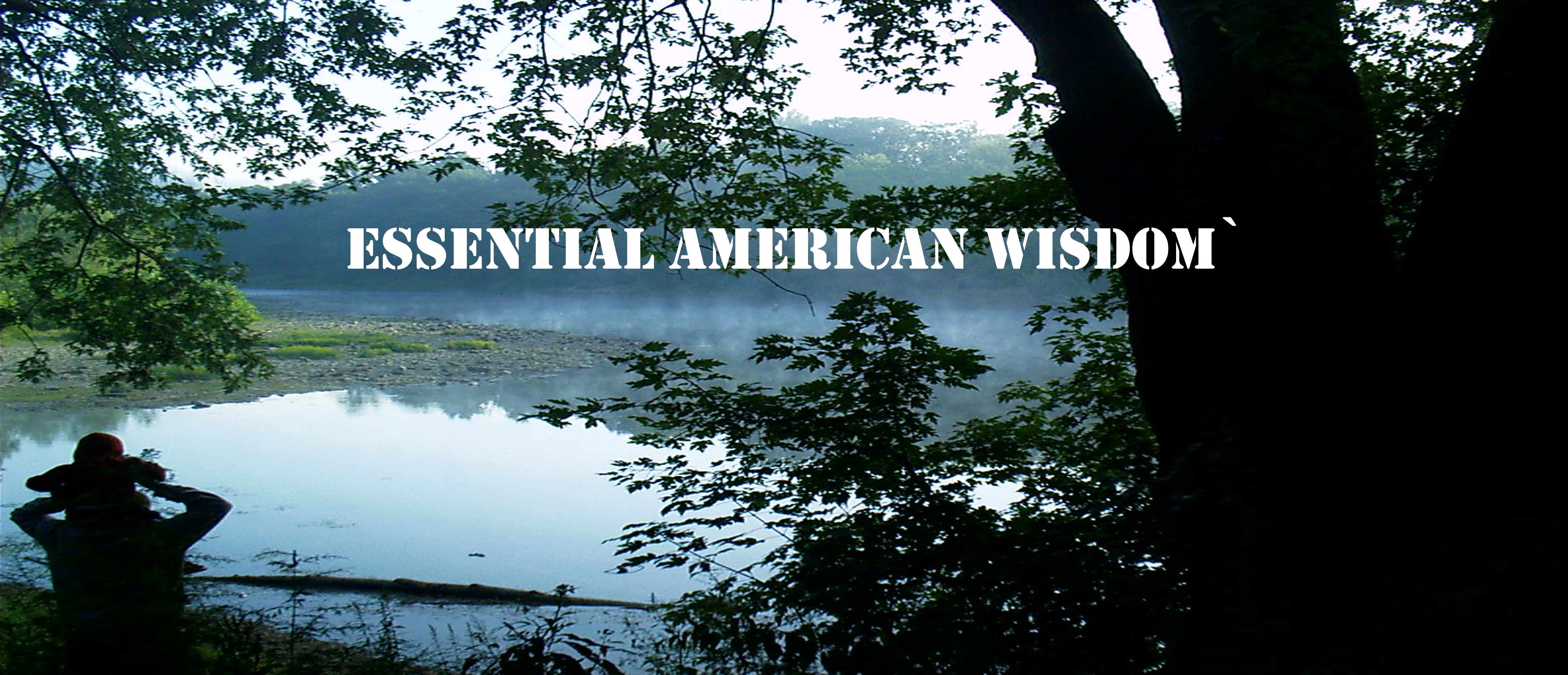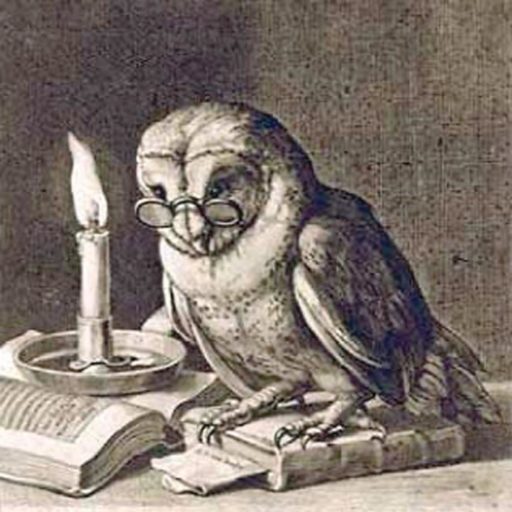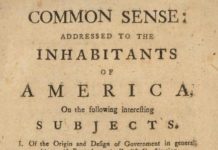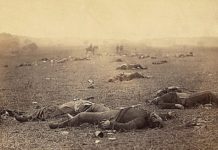This will probably become an outline of a series since, as I took down some notes about various aspects of both public and private school education I quickly realized one could come at this subject from several different directions; from the bottom looking-up, from the top looking-down, and all sorts of angles of sideways of not just public and private education but as to class and rank in society, from national and local economies to people’s “rice bowls” (as the Chinese used to call it) to even the philosophical purposes of an education when most people could build a sod hut and a barn and could plant ten acres “without being able to read a lick”, as Abraham Lincoln learned when he was about 11, which was also when he decided he wanted to learn to read, and was taught by his step-mother, so’s he could take work in the town. Farming was never fun in his day.
Education shapes and colors everything Man has ever done, and just in gaining a little background about it tells us a lot about ourselves as Humans, and even more as Americans, since we built our society bass-ackwards from the way the rest of the world’s societies were built. We’re unique.
One of the last things we will consider is how we (Man) have reduced all that education to a series of clicks and On-Off buttons, scarily dependent entirely on the availability of electricity, reducing what once was one of Man’s greatest accomplishments…to be able to solve problems with his eyes, Mind, and good sense…but also to be able to express Himself in the most powerful and magnificent sorts of ways just by putting words of a piece of paper, even creating a new way of expression by putting symbols on a piece of paper, called Music, then into the most mellifluous of sounds…only now reducing all those wondrous things, from language to machinery with simple ON-OFF switches, to a series of clicks of cryptic symbols that represent entire thoughts of a 4-year old mind, Thx U, ROFLMAO, which must be what the manipulators who invented these devices must think about their inventions.
Are we watching a very subtle conversion from “knowing how things work” to merely knowing “how things operate” as I once thought when all I had to do to drive a car was to know how to turn the ignition key and put my left foot down on the clutch.
These modern machines have the incredible mesmerizing skills and capability of returning not just Americans, but Mankind back thousands of years, when reading consisted of a few symbols carved into stone but which could only be read by a select priesthood.
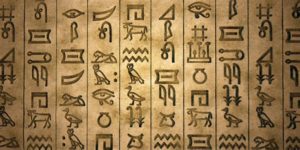
Just by “being American” we have always had the ability to see things from more than one angle of repose, or at least once upon a time was able to. And why that is, of course, is because America was born upside-down, unlike every other nation in history, only, and here’s the reason I’m writing this…we may now be fully into a generation that doesn’t know this single, simple fact about our American exceptionalism, or worse, may no longer have a broad-based ability to recognize it (lack of critical analysis), or not even know to draw any great significance in it (lack of relevant history, or often referred to as “the shoulders we stand on”), both of which Nature recognizes as elemental survival tools.
Is this a public or private school dilemma? Or both?
This is where being old(er) helps, for I can tell you with no hesitation that my generation was taught all those things; at home, in church, and in public schools, and also in a public university, 1964-1968. And I was never taught even once in school or in college to disregard or disrespect any of my prior teachings, however learned. Even the Army didn’t do that…unless we whined, at which time some big sergeant would make some mocking comment about “our Mommy”.
I can also report that my sons’ generation, (Gen-X, now 47 and 50 respectively) received the same sort of home-education, from Sunday School to the family history, to how to stay warm and dry if caught outdoors in a sudden storm, at least plant and tend to a tomato plant, and even remembering to check the oil from time to time, all that “shoulders we stand on” stuff that was once upon a time among parents’ duty to impart while feeding, clothing and housing their children, before sending them out on their own.
But I cannot attest to my sons being taught the “being American” or “being Kentuckian” things I was taught, since, in part, there were no longer any PTA gatherings where parents could sound off, as they did when Earl Hodge stormed one meeting when I was in the 9th Grade, wanting to know why “the g-d hell” his son (and my best friend) Garywayne, kept saying “ain’t”) sending my mother home in a near-faint. My only excuse is that “I was too busy” to stick my nose into how our children were being taught in the 1980s, although I did scan a their history and social studies books.
This places us all at what is called by some historians and social scientists “a crossroads”, maybe even “a point of no return” for America, only many modern historians themselves today may no longer know, which raises one kind of concern. Or perhaps they know only too well, which raises quite another.
But this simple piece of knowledge, 75 years ago, would have caused thousands of grass roots missionaries to saddle up their ’41 Fords and go around the country holding tent meetings in just about any church or lodge hall that would allow them in, to preach the gospel of America, which was always half God, half Flag and all Freedom; to call for another Great Awakening. It had happened before in America. Two or three times, in fact.
But it doesn’t even seem to cause a parent to get up off the couch these days. Or to set the iPhone up on a shelf and go have a discussion with the children. Or at least call a family council around the dinner table. When’s the last time you heard of one of those?
I can’t speak for modern post-Mao China, but when I was in Asia in the mid-70s, when Mao’s Cultural Revolution was going full blast, I knew from multiple visits to Hong Kong up to 2006 that most Asian families still lived with three generations in the same household. Japan was different, yet similar when it came to reverence for grandparents, and their reciprocal duties to their grandchildren…and the Family. With the Chinese it was almost a religion. When my grandfather retired and bought a house in Florida, moving there with my grandmother in 1951, and since they couldn’t stand each other’s company, he always came back to Kentucky to spend the summer, taking a room at the company hotel. So I got the benefit of his wisdom, which carried though law school, when I last visited him just before he died in 1970. And like the Chinese, he took it upon himself to tell me about the things of the world my dad hadn’t time to tell me, often while sitting underneath a small dogwood in our backyard.
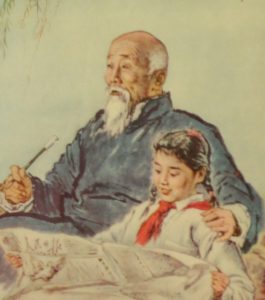
And he told me about life in East Tennessee and the little farm he’d grown up on, and how he’d met my grandmother, a college educated school teacher from Indianapolis, (and the nastiest anti-Christian racist I’d ever seen, but who could play a mean honky-tonk piano) and how he sold his share of the farm to his brothers then went to Virginia to work in the coal mines…where incidentally, he earned three times as much as that rocky farm ever netted. Just after World War I, he was a family pioneer in the notion that sometimes working for wages was far more profitable that trying to squeeze a living out of limestone acreage.
Another type of education.
He watched all my Little League games when I was 10 and 11. More than that, my dad had seen a lot of action in North Africa and Italy, close to three years of just letters and photos, but would never tell me any stories about it. And that War was my greatest interest for most of my years growing up. So grandad told me Dad’s stories. He also said soldiers who’d seen real bad stuff generally kept all their stories bottled up. Very little to joke about, which was a lesson in itself. After he moved back to Florida permanently, I visited him (and grandmother) four more times before he passed away in 1970, usually in that back bedroom of his house, off the porch, where he slept on a cot, with a small bookshelf of religious works going back to Pliny the Elder, a crossword puzzle which he did in ink, and an old Army Colt, some brass knuckles and a leather blackjack on a shelf. And a half empty bottle of Ol’ Rub of the Brush, which he took only for the occasional toothache. We would sit and talk for hours. Sometimes I brought company, my camping partners on a trip in the Everglades, my new bride on our honeymoon, and we would all sit in the living room, me and my guests on the couch, grandmother in the big easy chair to the right in a housecoat, while granddad would put on his cleanest white undershirt, and his Army surplus khakis, which was standard mine-foreman uniform, and would sit on one of the dining rooms chairs, just listening, his hands on his thighs looking straight at me, grandmother doing the talking. Finally she would say something annoying causing him to speak, but not in a raised voice, “Goddam it, Marie!”, which would be her cue to leave the room, and we’d all stand up, shake hands and leave. He always had a twinkle in his eye.
In America education was first about the “rice bowl”, a living to pay for necessary stuff. When’s the last time you heard of “necessary” being taught in school? Or even at home? It was supposed to also teach a person how to prioritize “stuff”. The first equation taught was Work + Money = Stuff. Education + Work + Money= More and Better Stuff. Not sure even that simple equation is taught any longer.
Then there is the element of Class, inasmuch as America was the only country in the history of the world that started out as Middle Class. It’s true. Abraham Lincoln’s family came here in the early 1600’s and many of that line grew to be wealthy and powerful, but his line had moved west, into Kentucky, 180 years later, what?, 5-6 generations later, and they had to start from scratch as most westward-migrating Americans had to do. After his mother died it was his stepmother who taught him to read at around age 11. And one of the first books he would read would be The Life of George Washington who had died 9 years before he was born, but which was one of the defining events of his life. Home-education.
The English, Dutch and Germans who first came here were all literate, and had books they would not have to tear up to use as toilet paper which later generations would have to do as they crossed the “great American Desert” en route to Oregon and California, and even though they had to learn from scratch how to clear trees, build cabins, plant vegetables and trap animals and fish, (which many of those first groups would not learn well enough or fast enough to survive) they would still meet all the civilized and social requirements of being Middle Class by being able to read and write, and to be able to organize a community from scratch.
In about 300 years and several generations those original colonists’ generations would begin discovering new ways to produce things that would require their grandchildren to invite a few million of the truly lower classes of the poorer parts of Europe and China and Latin America, who also, the past century or so, have risen well above their previous station the past century (I’ll discuss at a later time the wrong turns out governments, state and federal, made with regard to the people of color who were brought here against their will and were freed from slavery almost 160 years ago, largely because of education.)
Over the course of these discussions we will also lay out some of the ways Americans can take back “education”, beginning with what my grandfather told me when I was still only 12 years old. He said, “I came here in 1920, just before your father was born. I can tell you when just about every house and building was built; the hotel, the school, the church, the hospital, and I know what this valley looked looked like before the town were built. I even remember what this street looked like when there were only a few houses on it.
So, when you look at a place, even a suburb, try to think what it might have looked like in the beginning, when there was nothing but a Looney Creek running underneath a Benham Spur, and how every town might have been built, and what it took to build them.
All were different, but all were built according to the same laws of utility and survival, since, indeed, many did not survive once they were not longer of any use, just as my hometown.
